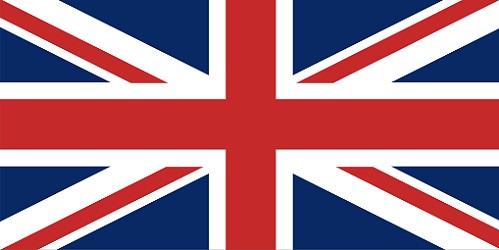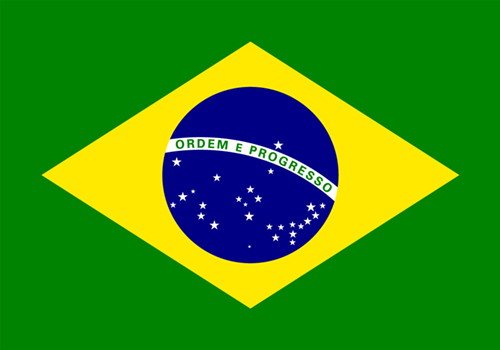From the last visit to the Fraiburgo, I dived again into its popular culture and ended up absorbing more information that I could cope with. So I still need some time to digest everything. Anyway, when I was talking to my nephew of 4 years old, who understands only Portuguese and Fraiburguese, I changed my accent to the one from Florianópolis and he suddenly changed his face and said “Stop uncle Joni, I don’t understand English” 🙂 That was so funny and real at the same time. This shows a bit how different that accents can be in speed, intonation and so on.
Nesta última visita a Fraiburgo acabei absorvendo tanta informação que está sendo um luta para destrinchar tudo, ainda vai um tempo para digerir tanta coisa, mas mesmo assim vamos lá. Quando conversava com meu sobrinho 4 anos que já se comunica muito bem em Fraiburguês, mudei o sotaque da conversa para o Manezês de Floripa e ele prontamente, após uma cara de estranheza, respondeu: “Pare tio, eu não intendo inglês”. Foi pra acabá 🙂 Realmente as diferenças são grandes tanto em sonoridade como em velocidade, mentalidade e uso de termos.
On the other interactions I had with average people, including highly specialized Fraiburgueses speakers, I could map many many new and old expressions. Sometimes, the sequence Fraibuguese words was so intense and fast that I could not even had the time to write down. Of course, some people didn’t feel like speak a lot, but after some biers, things have changed towards a fun game of cultural self-discovery. Well, bellow is the fourth page of the Fraiburguese random official dictionary.
Nas outras interações que tive, com pessoas mais especializadas no uso do Fraiburguês, pude mapear mais uma boa porção de novas e velhas expressões. Claro que as vezes a sequência era tanta que quase não tinha tempo para anotar no caderninho. Também aconteceu de algumas pessoas ficarem ressabiadas de falar, mas depois das cervejas não teve quem não entrasse na brincadeira de auto descobrimento cultural. Bom, segue a quarta página do dicionário aleatório do Fraiburguês oficial.
 English English |
 Brazilian Portuguese Brazilian Portuguese |
 Fraiburguese – Fraiburguês Fraiburguese – Fraiburguês |
| Tell me |
Diga |
Digue |
| To vary |
Variar |
Vareiá
Ex. Isso vareia de lugar pra lugar. |
| Making a mess |
Fazendo bagunça |
Bagunciando |
| Money |
Dinheiro |
Tutu, tufo, barão e pila
Ex. Tá co tufo tchô |
| To annoy |
Irritar |
Sarniá. O piá ou a menina que sanieia é amplamente conhecido como “sarna”.
Ex. Mas é um sarna veio, não tem o que fazer dai fica aqui sarniando a gente. Vai achar um lote pra carpí… |
| To calm down |
Ficar tranquilo |
Sossegá o facho
Ex. Piáááá, pare de sarniá e sossegue o facho. |
| On the run |
Em fuga |
Ó por aqui – Pra capturar esse termo não foi fácil, ele quase que “ó por aqui”. Foi difícil até para entender o significado mesmo entendo a frase. |
| To reprehend |
Repreender |
Dar um pito
Ex. A gente tava tudo facero quando um tchô
chego e deu um pito ne nóis…Dai nóis ó por aqui… |
| Salary |
Salário |
Faz me rir (esse me fez rir mesmo hehehe) |
Source/Fonte: LANOFRAI.COM.BR
Contribution for this edition / Colaboradores dessa edição:
Ivadir dos Santos (my father/ meu pai), Marcos Xavier e Laís Frey.








